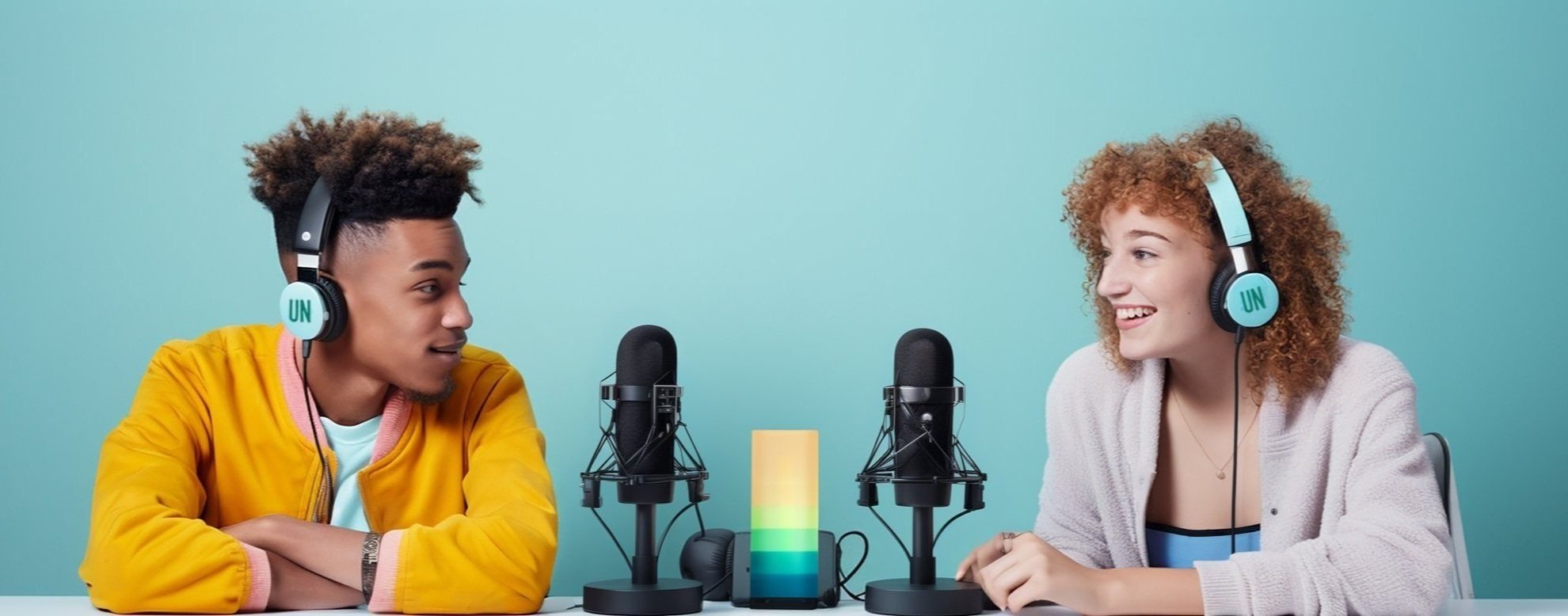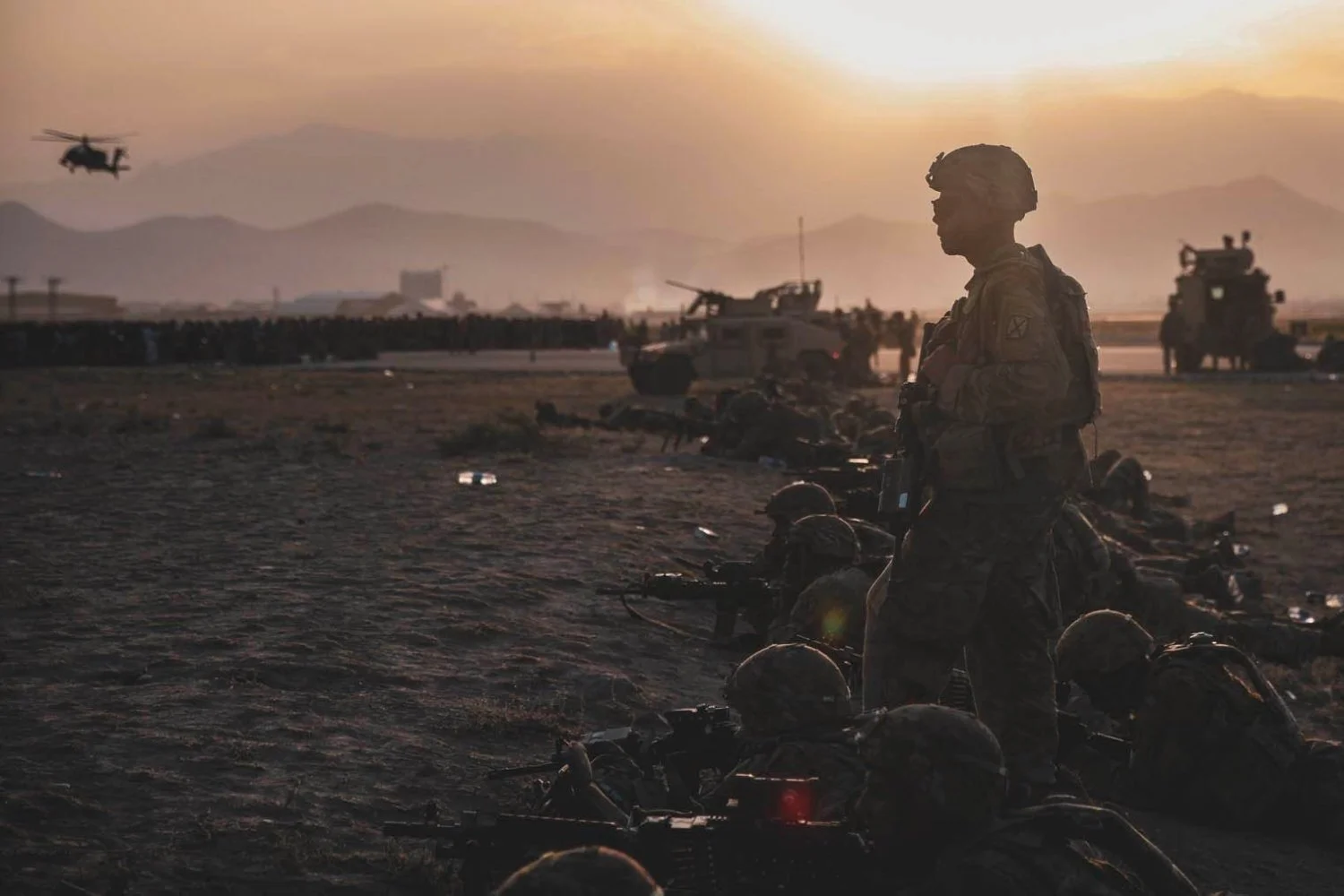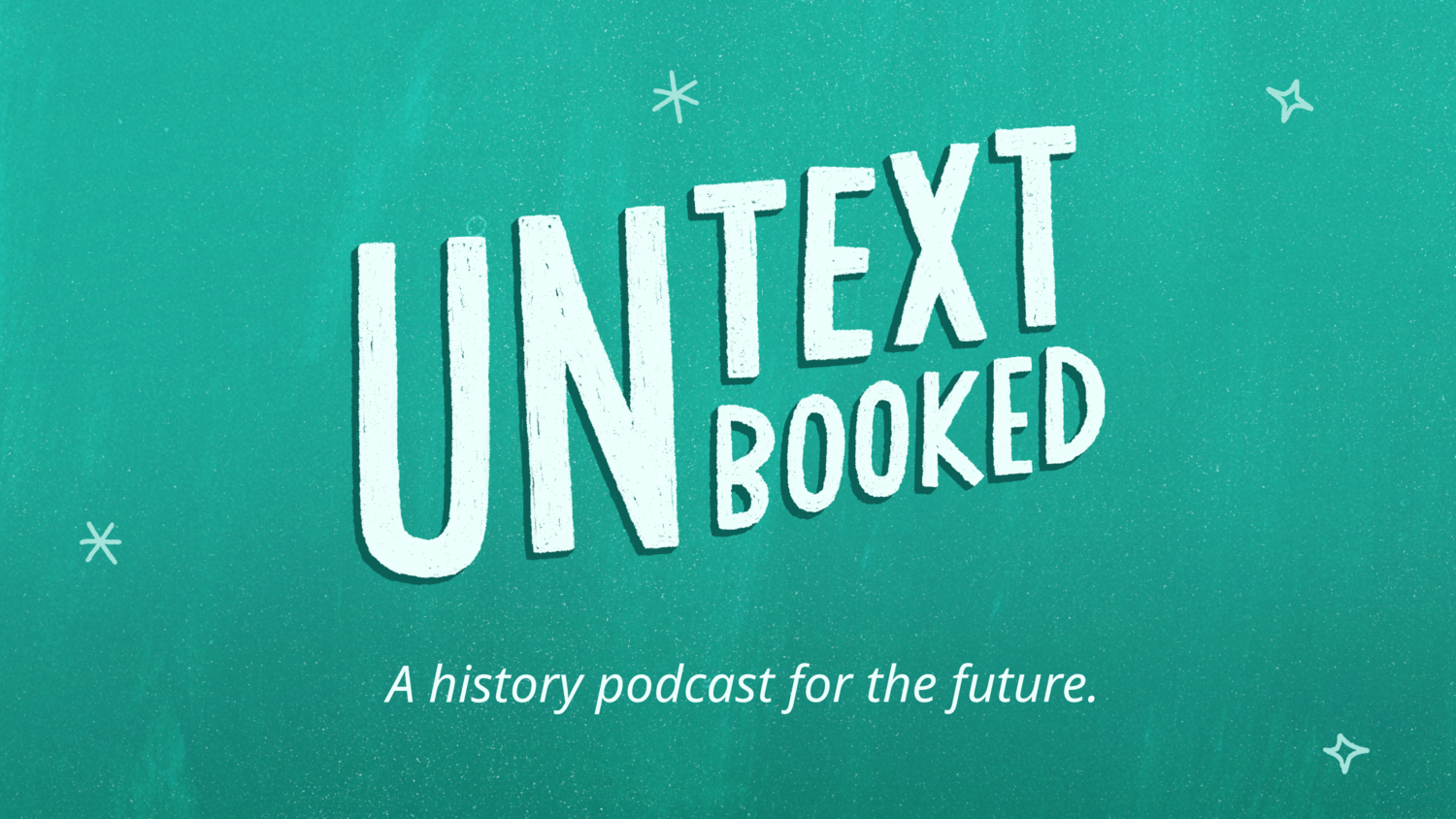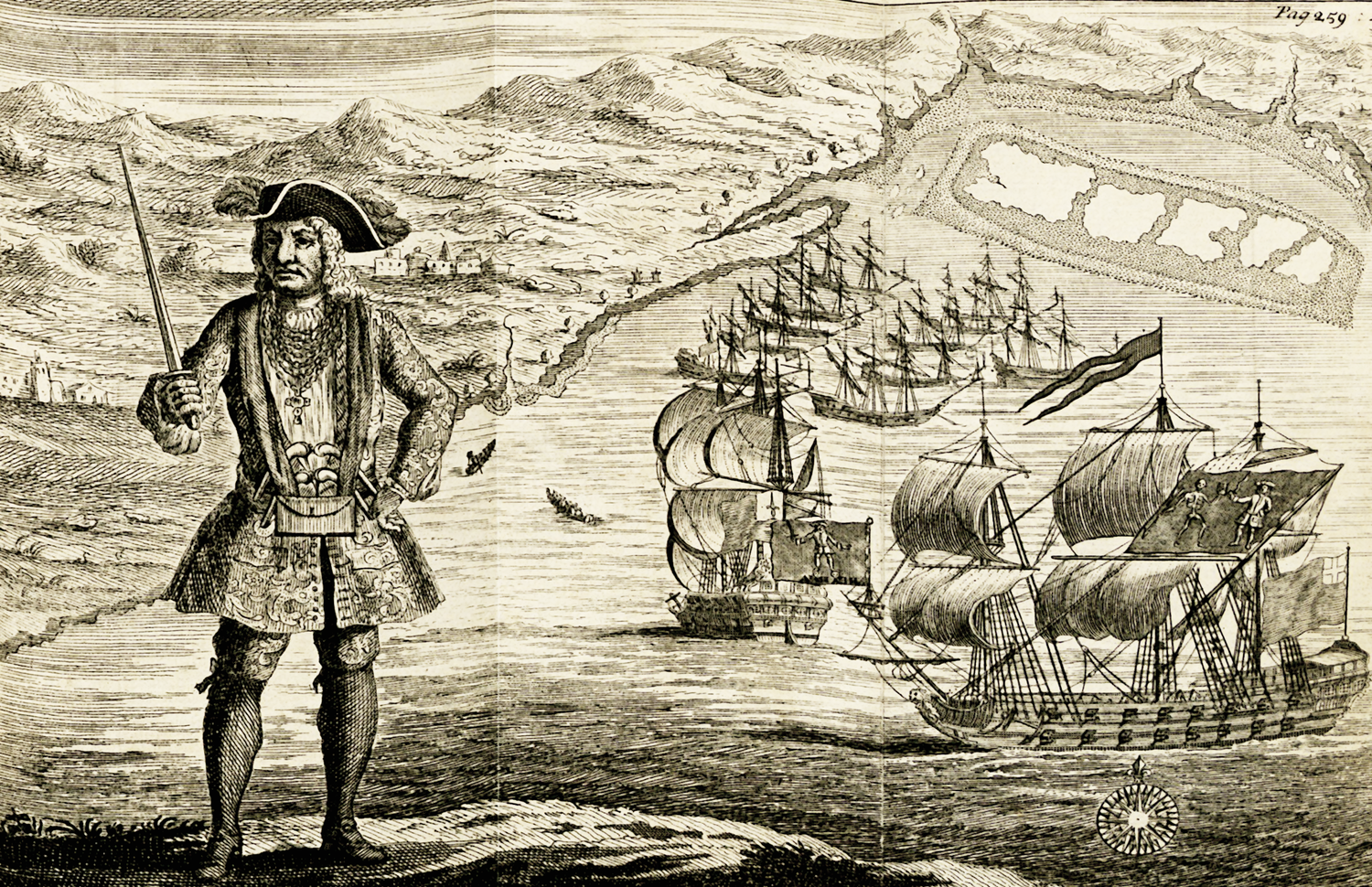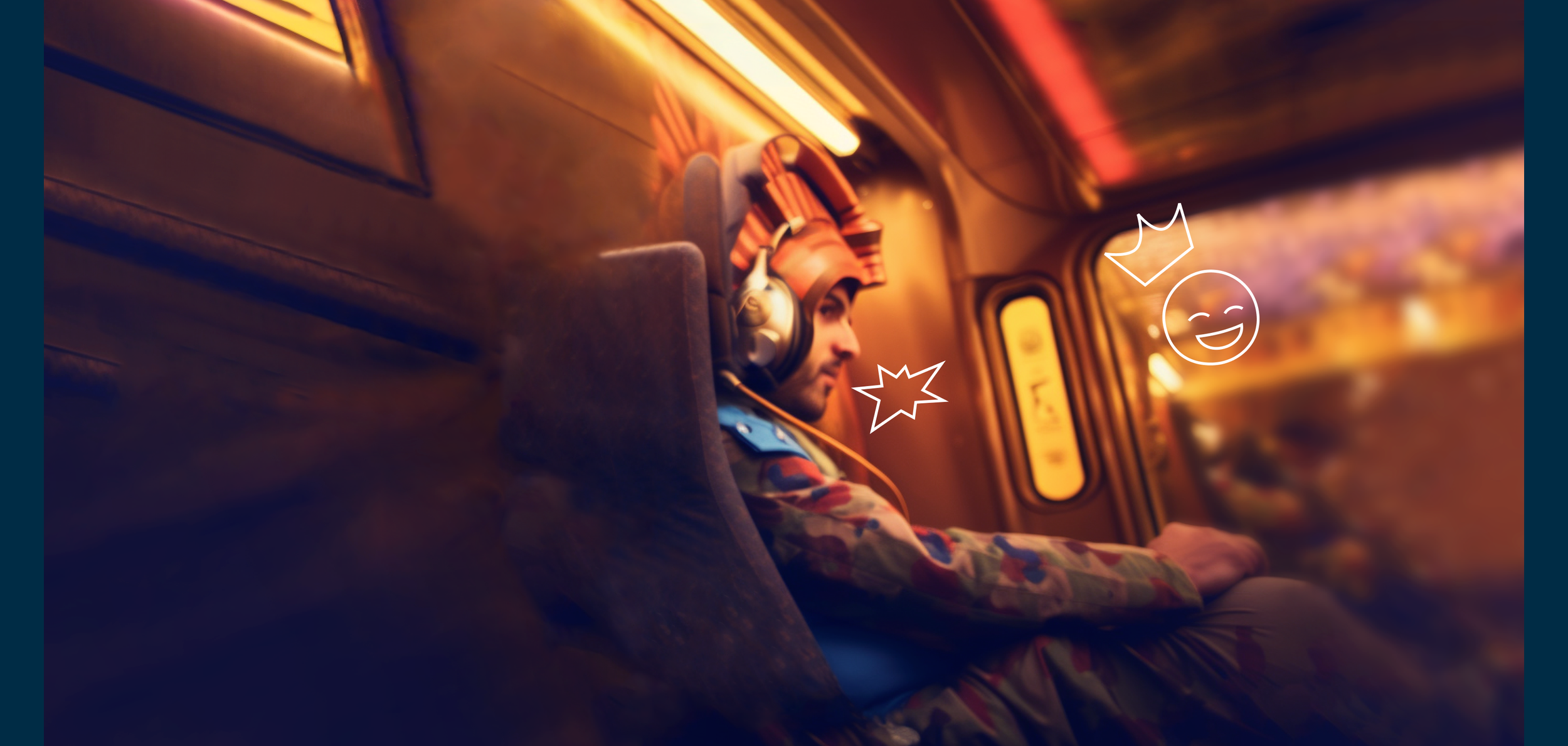
• LIVELY PODCASTS WITH YOUNG PRODUCERS
• INSIGHTFUL HISTORIAN INTERVIEWS
• LIVELY PODCASTS WITH YOUNG PRODUCERS • INSIGHTFUL HISTORIAN INTERVIEWS
Listen To UnTextbooked Episodes
Explore our collection of captivating episodes that tackle pressing issues, unravel untold stories, and bridge generations. Each episode is a journey through time, inviting you to connect with history on a personal level.
Is there an American Empire?
With a name like “The United States of America”, it can be easy to forget that this country’s borders extend well beyond the fifty states of the union. In fact, millions of American citizens live on US territory well outside those borders. It’s not just Guam, Puerto Rico, American Samoa, the US Virgin Islands, and the North Mariana Islands, but the many military bases we occupy across the globe too.
Does population control work?
A hundred years ago, there were roughly 2 billion people in the world. Today, there are almost 8 billion.
This rapid quadrupling of the world’s population has people asking, is the planet overpopulated? Some say, yes. Others say that it’s not so simple.
Why were Native American kids required to attend boarding schools?
In the spring of 2021, UnTextbooked producer Gavin Scott read a headline that made his heart sink. The remains of 215 indigenous children were discovered buried in a mass grave near the Kamloops Indian Residential School in Kamloops, British Columbia. Over the next few months, more mass graves were found outside of other Canadian residential schools.
Can protests save lives? How ACT UP helped tame the AIDS crisis.
One morning in 1991, Senator Jesse Helms’ house was covered with a giant fake condom in an act of protest. Helms had been a vocal opponent of funding AIDS research and he had introduced an infamous and popular bill amendment that prevented federal money from being spent on AIDS research. There were few treatments available at the time, and with no help from the government, HIV was actively spreading across the country. In 1991 alone, nearly 30,000 American died of AIDS, and the numbers would keep rising until the late nineties.
Can the War on Terror ever truly end?
The War On Terror is the longest foreign war the United States has ever fought. So long that many of the soldiers fighting weren’t even alive when it started. But the WoT seems unusual for another reason—it’s not a war on a nation, or even an organization—it’s a war against a concept.
Season 2 is coming soon!
Season 2 of UnTextbooked is near! New episodes starting Monday, Octoberr 18th, 2021.
Best of Season 1
We’ve wrapped our first season of UnTextbooked! Our producers have explored race, food, piracy, gender, medicine and so much more.
Why did American Jews march for Black equality?
Throughout this series, we’ve heard historians say that the way Americans think about race is changing, as evidenced by the unprecedented numbers of Americans marching after George Floyd’s death. And along with this surge in action are critical conversations about what it means to be an ally, and what it means to “perform” allyship.
Why do so many Westerners fear the veil?
People in the West have many harmful perceptions about Muslim women being submissive or oppressed. In fact, a study conducted by the Pew Research Center found that only 19% of Americans believed that Islam is respectful of women. These beliefs have been reinforced for centuries through media portrayals and stereotypes. One of those persistent stereotypes is that Muslim women are forced against their will to wear hijab, and as a result the veil has come to symbolize women’s oppression. These misconceptions have led to some countries to ban or restrict hijab.
Most Americans eat like kings without realizing it.
It’s undeniable that the way people eat has changed drastically in the last century. It took thousands of years for human societies to transition from hunter-gatherers to farmers. By contrast, it’s only been in the last hundred years or so that people have moved away from growing their own crops and raising their own livestock to getting most of their food from a restaurant or store.
Why do we forget the cruelty of the British Empire?
On April 13, 1919, thousands of Indians gathered in Amritsar, Punjab to celebrate Baisakhi - a religious holiday. Such gatherings had been banned by the British colonial government, but the people gathered anyway to celebrate and to protest British imperialism.
How America’s fear of communism paved the way for a Chilean dictator.
During the Cold War, the United States feared the rise of Communism across the world. But in Latin America, the United States took action.
Damnation to the governor and confusion to the colony.
Pop culture misremembers the Golden Age of piracy, and usually portrays pirates as apolitical agents of chaos. But historians now believe that many pirates followed a democratic and egalitarian structure that put them directly at odds with the world’s biggest governments.
How much influence does America still have?
In 1987, the historian Paul Kennedy published a massive, nearly 700 page book called The Rise and Fall of the Great Powers. In normal circumstances, the book might have been lumped in with the rest of academic writing that’s seen only by scholars…if it weren’t for the book’s conclusion, which flew in the face of American exceptionalism and certainly upset some people.
The forgotten mothers of American gynecology.
James Marion Sims has a complicated legacy. He was a surgeon in the 19th century who, for decades, was heralded as the ‘Father of American Gynecology’ for his contributions to the field, including inventing the speculum. But those innovations came at the expense of the poor and enslaved women that he performed experimental surgeries on. Not much is known about the Black enslaved women and poor Irish immigrants he experimented on, but without their contributions, gynecology would not be what it is today.
When did Americans become so dependent on processed foods?
For decades, experts have warned that the average American diet is potentially harmful. Americans tend to eat food that is laden with too much sodium, fat, and added sugars, and it's making people sick.
A historical argument against the gender binary.
As a kid, UnTextbooked producer Gavin Scott loved listening to his grandfather tell stories about their people. He used to like to imagine what his home was like back before white settlers came. As much as Gavin enjoyed learning about his culture, he sometimes felt out of place as the only gay person he knew of in his small hometown. So when he had the opportunity to work on this podcast, he decided to research LGBT Native Americans to learn more about people who were like him.
How a Black teenager and his young lawyer changed America’s criminal justice system.
Picture this: You’re nineteen years old, it’s a summer afternoon, and you’re driving around your hometown. You notice a group of other teenagers on the side of the road. As you get closer you realize that two of them are your cousin and nephew. You can tell by body language that things are getting heated, tempers are flaring. So you pull over. You get out of your car. You step in between your family and the other teenagers that are trying to fight them, and in the process you put your hand on the other kid’s arm.
Meet the Team
Our team of young producers takes the reins, infusing every episode with creativity, curiosity, and fresh perspectives. Join us as we navigate the past and present, sparking meaningful conversations along the way.
